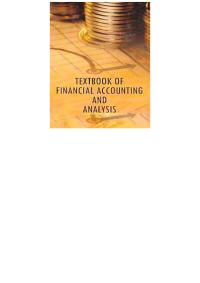Question
In Cuno v. Daimlerchrysler, Inc., 386 F.3d 738, rev'd in part on other grounds, 547 US 332 (2006), the Court of Appeals held the following:
- In Cuno v. Daimlerchrysler, Inc., 386 F.3d 738, rev'd in part on other grounds, 547 US 332 (2006), the Court of Appeals held the following: (Please note that there may be one or more answers could be correct, please select what you believe to be the one best correct answer)
1. | The Court allowed the personal property tax exemption because it did not discriminate, because it dealt with property placed in a specific location. | |||||||||||||
2. | The Court disallowed the investment tax credit because it violated the discrimination aspect of the Commerce Clause. | |||||||||||||
3. | The Court allowed the property tax exemption because it noted the State statute allowed the exemption and Due Process was not violated. | |||||||||||||
4. | The Court disallowed both the property tax abatement and the investment tax credit. | |||||||||||||
5. | The Court agreed with the Taxpayer, the State of Ohio, that all the tax incentives did not violate the Commerce Clause. | |||||||||||||
6. | The Court disallowed the investment tax credit because it violated Due Process.
| |||||||||||||
| 7-The Court bifurcated its holding, allowing the investment tax credits, stating the credits did not violate the Commerce Clause.
2-In Quill Corporation v. North Dakota, 504 US 298 (1992), the Supreme Court decided in Quill's favor on the following grounds:
|
Step by Step Solution
There are 3 Steps involved in it
Step: 1

Get Instant Access to Expert-Tailored Solutions
See step-by-step solutions with expert insights and AI powered tools for academic success
Step: 2

Step: 3

Ace Your Homework with AI
Get the answers you need in no time with our AI-driven, step-by-step assistance
Get Started


